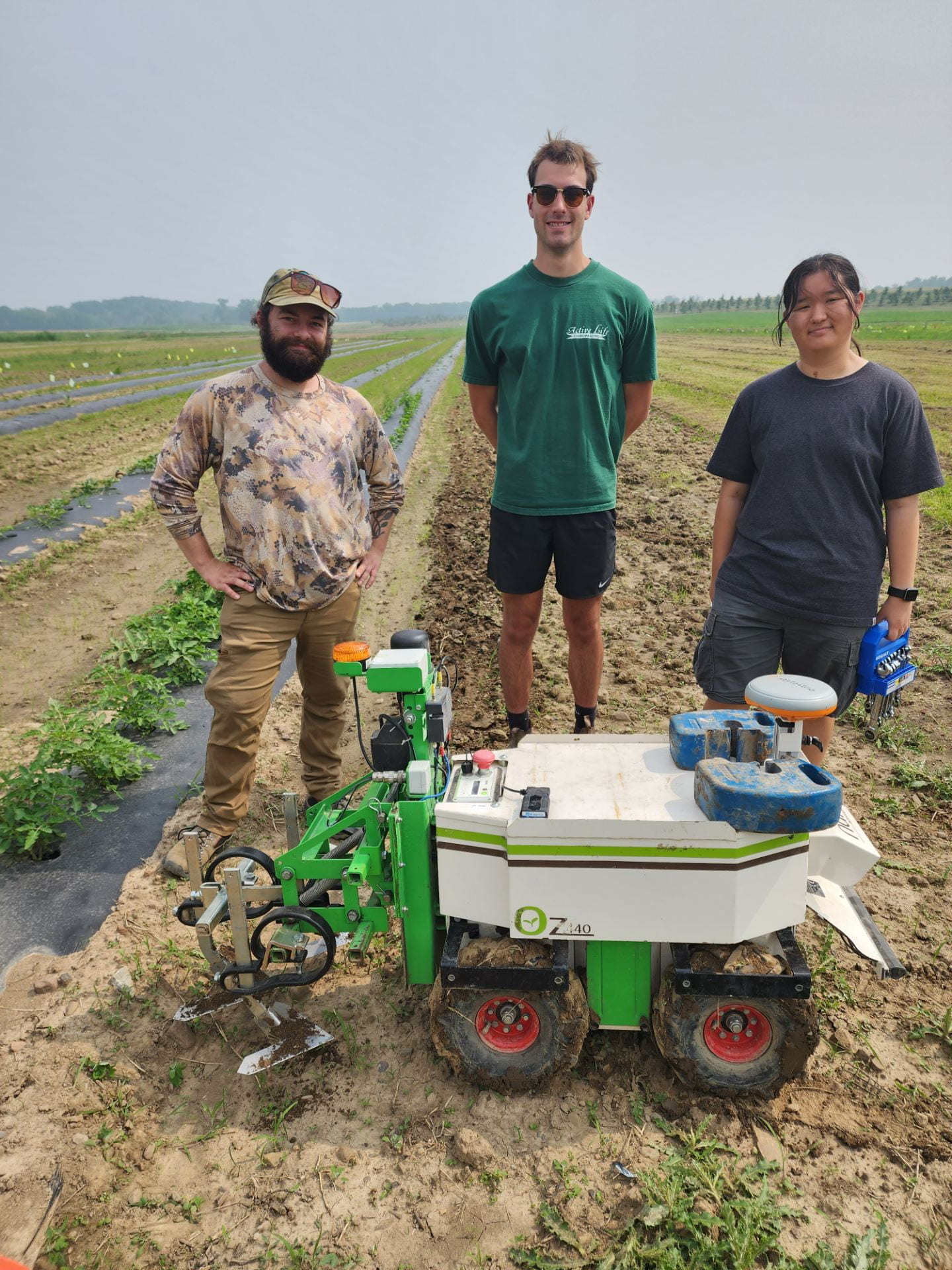Guest post by Julianna Lee ’24

This summer I had the opportunity to intern with the New York State Integrated Pest Management Program. As a student at Cornell, I’ve been exposed to various parts of agriculture but never had gotten very deep into integrated pest management. These past months working with NYSIPM reminded me of two lessons; needing to know specific details to optimize practices and that research has an applied purpose.
My main job was helping with two literature reviews, one about how climate change affects a pest called the European corn borer (ECB) and another focusing on creating organic weed management guides for specific crops. With the many (truly many) readings about the ECB, an underlying concern was always how climate change will affect ECB and therefore how to manage the pest. For example, many of the papers predict the first flight of ECBs will be sooner than in previous years. With that, when to spray or control the pest changes to adjust to the ECB’s and crop’s development. And for the weed management guides, the details of each crop dictate which method should be used and how useful it would be. For example, many papers researched how mulch would be effective, but which material is optimal would differ by crop.
I was also invited to various IPM events where farmers, gardeners, and people in general reminded me that the knowledge we learn has immediate applications. During the IPM conference, one of the research topics presented was what height lawns should be mowed at that also promotes sustainability (spoiler alert: it was 3 inches). At the end of the day, research like this is done with a goal of being useful to people.
In my research reviews I learned many specific facts (like how flame weeding at a rate between 43 to 87 kg/ha can be used on asparagus with minimal damage to spears), but the bigger lesson is one that I’ve seen constantly during my time at Cornell – detailed, purpose-driven research can result in real-world impact. Working with IPM has been an experience where I got to appreciate how intricate and integral this process is.